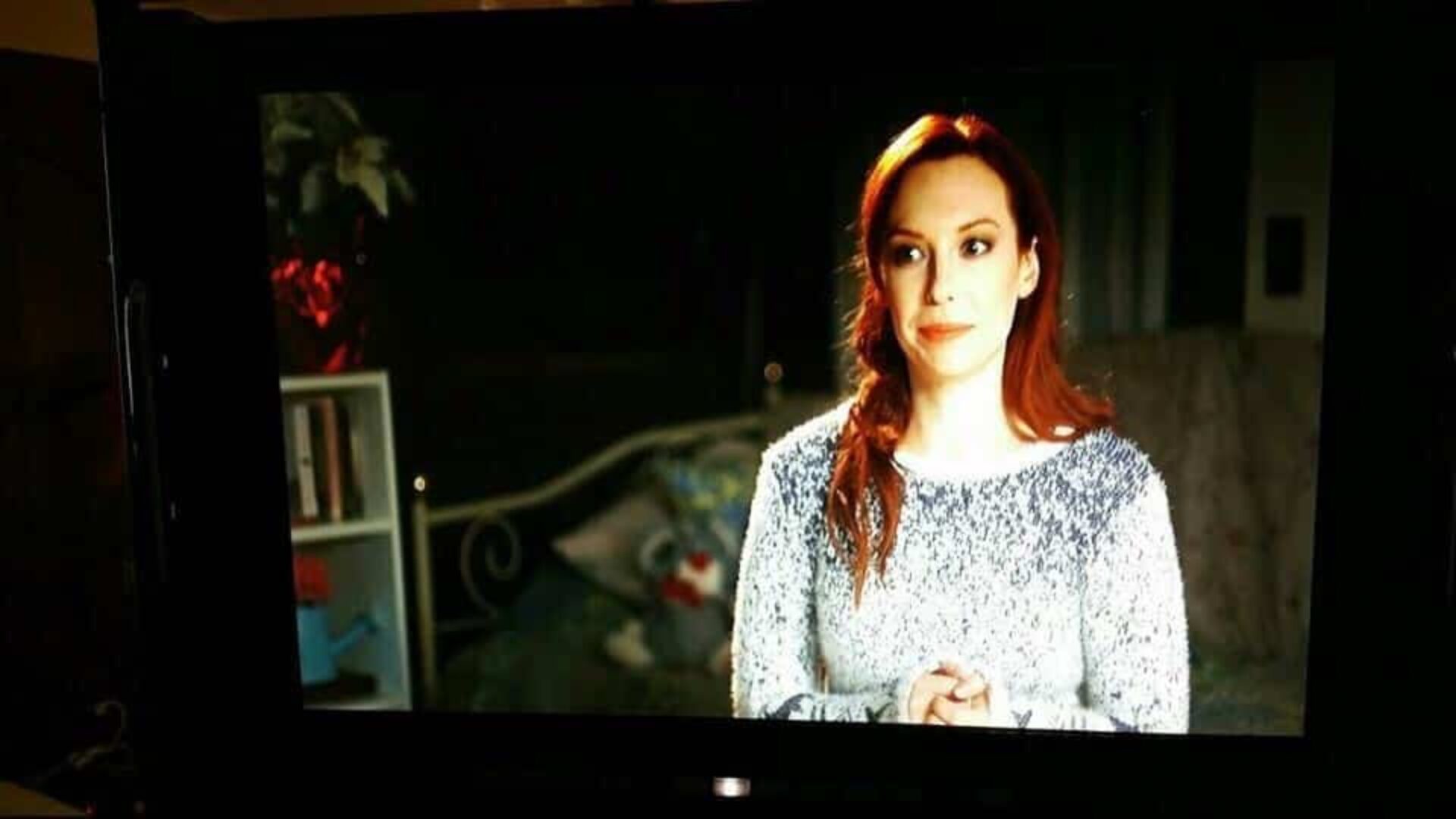First, some statistics, sources linked. Women producers & executive producers made up 26% and 21% of filmmakers this last year. That is too low.
On the top 100 grossing films of 2019, women represented:
- 12% of directors
- 20% of writers
- 2% of cinematographers
- 26% of producers
- 19% of executive producers
- 23% of editors
(Center for the Study of Women in Television and Film, via Women and Hollywood)
In the top 100 films of 2018:
- Women led or co-led 40 films.
- 11 of the leads/co-leads were women of color.
- 11 of the leads/co-leads were female actors 45 years of age or older.
(Inclusion Initiative, via Women and Hollywood)
So you can see that just the numbers are pretty rotten. According to the same site, women also face a “fiscal cliff”; even when they make films, they’re given far less money to do so. Another problem that faces the women who even ARE filmmakers. You can read more about that here, or watch the documentary Half the Picture.
So… why. Why are there just so few of us? Sexism. Just plain sexism. And a whole world of catch-22s.
Men are given first picks, trusted more, and listened to; even on set, the atmosphere can be poisonous for female directors. Behind the scenes, the people with the purse strings tend to be men and regardless of whether it’s intentional or not, they give that money to …other men. There has to be a conscious effort to give money and opportunity to women; men do not need that conscious effort. Which, in turn, means that it’s just easier to go: oh, who do I know who does X? and come up with a man’s name because a woman has not received the same opportunities in her career.
Our jobs are so heavily based on “who knows who” that if you don’t have that first chance to meet someone, it’s very hard to ever get on anyone’s radar.
Additionally, women are expected to tell “women’s stories”. Men can tell any story they want, but women are asked to stay in their lanes. People don’t think that “women’s stories” sell, so there’s less investment in those films which means less chances for female filmmakers to work on projects that are deemed “correct” for them to work on.
I think we’re hearing about this more and more because the industry has opened itself up to examining its own sexism; what a great first step. Encouragingly, women on set did become more common this year and though the growth is slow, it’s moving the right way.
We need you, of course! Keep seeing work by women. Keep encouraging smaller female artists to play in genres outside of their prescribed pool. Support women in all fields; your entertainment will only get better when more voices join the chorus.
